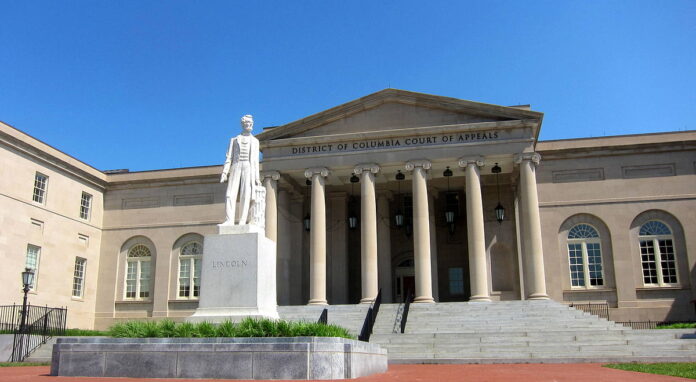In a significant development for government transparency, the U.S. Court of Appeals for the D.C. Circuit has ruled that the Department of Government Efficiency (DOGE) must comply with limited discovery under the Freedom of Information Act (FOIA). The decision stems from a legal challenge by watchdog group Citizens for Responsibility and Ethics in Washington (CREW), which is seeking access to documents related to DOGE’s operations.
The court’s order denies the government’s attempt to halt a lower court ruling that granted CREW limited discovery into whether DOGE qualifies as a federal agency subject to FOIA. The Office of Management and Budget (OMB) and DOGE, headed by Elon Musk, must now proceed with the release of potentially thousands of pages of records.
In its petition, DOGE claimed the order violated precedents established by the U.S. Supreme Court in Cheney v. U.S. District Court, arguing that discovery against the executive branch should be rare and reserved for exceptional circumstances. However, the D.C. Circuit found that the government failed to properly raise these arguments earlier in the litigation. Even if it had, the panel noted that this case is clearly distinguishable.
“The discovery here is modest in scope and does not target the president or any close adviser personally,” the court wrote, emphasizing that the government retains the ability to object to specific disclosures.
CREW initially filed suit in February, asserting that DOGE has not responded to FOIA requests or preserved federal records as required by law. Despite public promises of transparency, CREW alleges DOGE has operated in secrecy, withholding information about its budget, operations, and decision-making structure.
“The American people have a right to know how their government is being run and how public dollars are being spent,” said CREW counsel Nikhel Sus. “This ruling is a crucial step toward shining light on DOGE’s activities.”
U.S. District Judge Christopher R. Cooper previously ordered DOGE to begin processing 1,000 pages of documents per month. CREW had requested a faster pace, citing the public’s urgent need for information. DOGE had called the request unworkable, advocating instead for a slower rate more in line with past cases.
The D.C. Circuit has now affirmed that limited discovery may proceed, reinforcing a legal pathway for watchdog groups to challenge opaque government initiatives.
The appeal is In re: U.S. DOGE Service et al., Case No. 25-5130.
The underlying case is Citizens for Responsibility and Ethics in Washington v. U.S. DOGE Service et al., Case No. 1:25-cv-00511.



